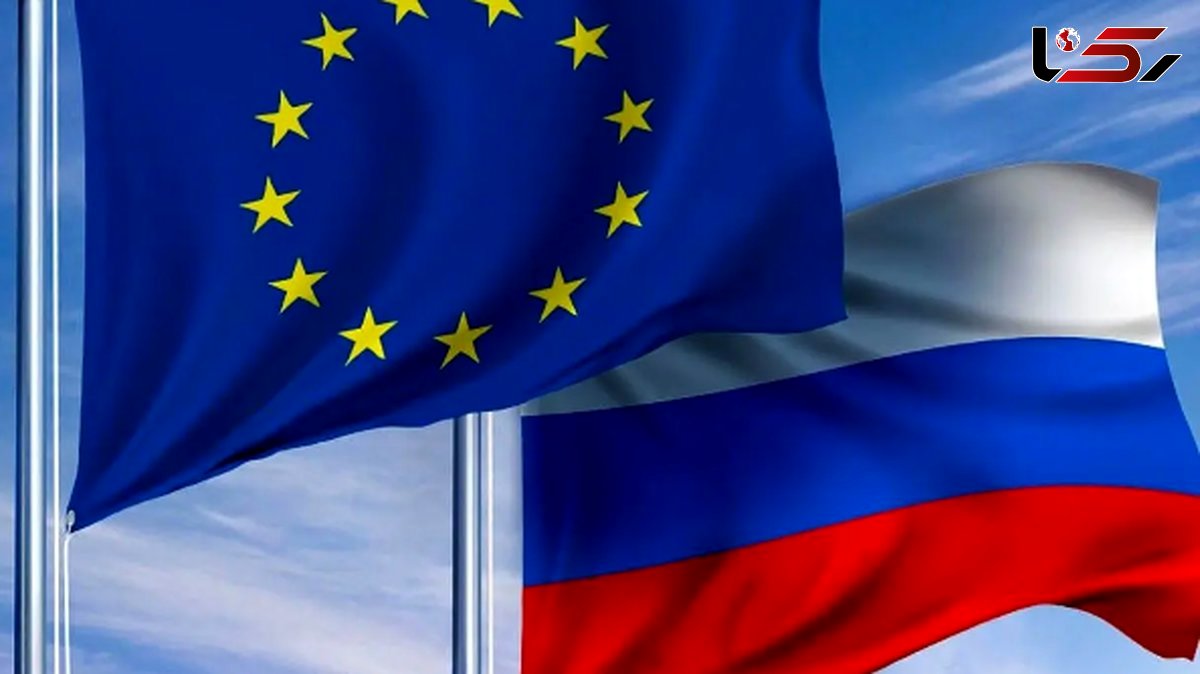Moscow: UN Security Council Resolution 2231 Remains Valid, “Snapback” Mechanism Lacks Legitimacy
Rokna Political Desk: Moscow has reaffirmed the validity of UN Security Council Resolution 2231 and the Joint Comprehensive Plan of Action (JCPOA) until October 18, declaring the “snapback” mechanism illegitimate and calling for the immediate resumption of negotiations among the main parties to the JCPOA.

The Russian Ministry of Foreign Affairs, reviewing recent unlawful actions by Western countries, stated: “The infamous ‘snapback’ cannot be considered legitimate. Resolution 2231 and the JCPOA remain fully valid and enforceable until October 18. The UN Secretariat has no basis or authority to review or deviate from the provisions of this resolution.”
According to Rokna, the Russian Foreign Ministry issued the statement on Saturday in connection with the UN Security Council vote on a draft resolution for a technical extension of the JCPOA, which was held on Friday.
The statement noted that the UN Security Council voted on a draft resolution submitted by Russia and China, which called for a six-month technical pause in the implementation of the JCPOA to resolve issues related to Iran’s nuclear program and reaffirmed Resolution 2231 in full.
The Russian Foreign Ministry emphasized that the draft resolution highlighted the importance of finding a negotiated, diplomatic solution to issues concerning Resolution 2231. It stressed the need to allow more time for substantive discussions, welcomed the agreement reached between Iran and the International Atomic Energy Agency (IAEA) on September 9 in Cairo, and provided clear guidelines for continuing cooperation.
Moscow further underlined that a key element of the Russia-China draft’s operative section was an immediate invitation for all main JCPOA parties to resume negotiations on issues related to Resolution 2231 and the comprehensive agreements therein.
The ministry expressed gratitude to Algeria and Pakistan for their strong support of Russia’s efforts and acknowledged the positions of South Korea and Guyana, which did not join the opposition despite external pressures.
Criticizing the West, Moscow stated: “Given the rapidly escalating tensions surrounding Iran’s nuclear program, the significance and necessity of the Russia-China proposed resolution were undeniable. The UK, Germany, and France have been aggressively escalating tensions and attempting to reinstate UN sanctions against Iran, which were lifted a decade ago, through unlawful measures. Along with the United States, which long ago announced its withdrawal from the JCPOA and has taken steps violating Resolution 2231, they opposed the Moscow-Beijing initiative.”
The Russian Foreign Ministry added: “This group has effectively rejected the diplomatic path and ultimately resorted to provocation, pressure, and threats. By pressuring non-permanent Security Council members, they hoped to align them with their aggressive, opportunistic, and fundamentally flawed policies, destabilizing international affairs and undermining the foundations of global security.”
Moscow stressed: “We firmly believe that coercive approaches to addressing nuclear non-proliferation issues must be abandoned. Such methods are not only unconstructive and harmful but also dangerous, as they escalate conflicts into uncontrollable confrontations with tragic and irreversible consequences. A clear example is the dishonest and irresponsible actions of European countries in June, which served as a pretext for aggression against Iran under alleged nuclear threats.”
The statement noted that those who voted against extending Resolution 2231 on September 26 “demonstrated no genuine interest in negotiated solutions to remove suspicions and prejudices regarding Iran’s peaceful nuclear program. They even reject the idea of agreements based on equality and carefully balanced interests, such as the JCPOA, which they themselves invalidated and violated.”
The Russian Foreign Ministry sharply criticized the West: “Proponents of the ‘maximum pressure’ policy on Iran seem eager to quickly alleviate the guilt stemming from the June attacks on Iran’s nuclear facilities under IAEA supervision and to project a false image of a serious threat from Tehran to the international community. For them, progress in Iran-IAEA cooperation obstructs their aggressive anti-Iranian agenda. This is not the first time Europeans have undermined Iran’s agreements with the IAEA, creating serious concerns.”
Moscow emphasized that “the results of the vote on the Russia-China draft resolution, which offered hope for stability and constructive dialogue, cannot change the fact that European efforts to reinstate UN restrictions, previously lifted under the JCPOA, failed due to legal and procedural weaknesses.”
The statement added: “The UK and the ‘European duo’ (Germany and France) not only damaged the nuclear agreement but also harmed themselves by openly violating Resolution 2231 and bypassing procedures agreed upon by the Security Council. Therefore, neither their snapback request in New York on August 28 nor their draft resolution reviewed by the Security Council on September 19 complied with the standards of Resolution 2231, and are invalid under international law, creating no obligations for other UN member states.”
The Russian Foreign Ministry concluded: “Thus, the infamous ‘snapback’ cannot be considered legitimate. Resolution 2231 and the JCPOA remain valid and enforceable until October 18. The UN Secretariat has no basis or authority to review or deviate from this resolution. We will continue to act in accordance with this policy.”
Send Comments